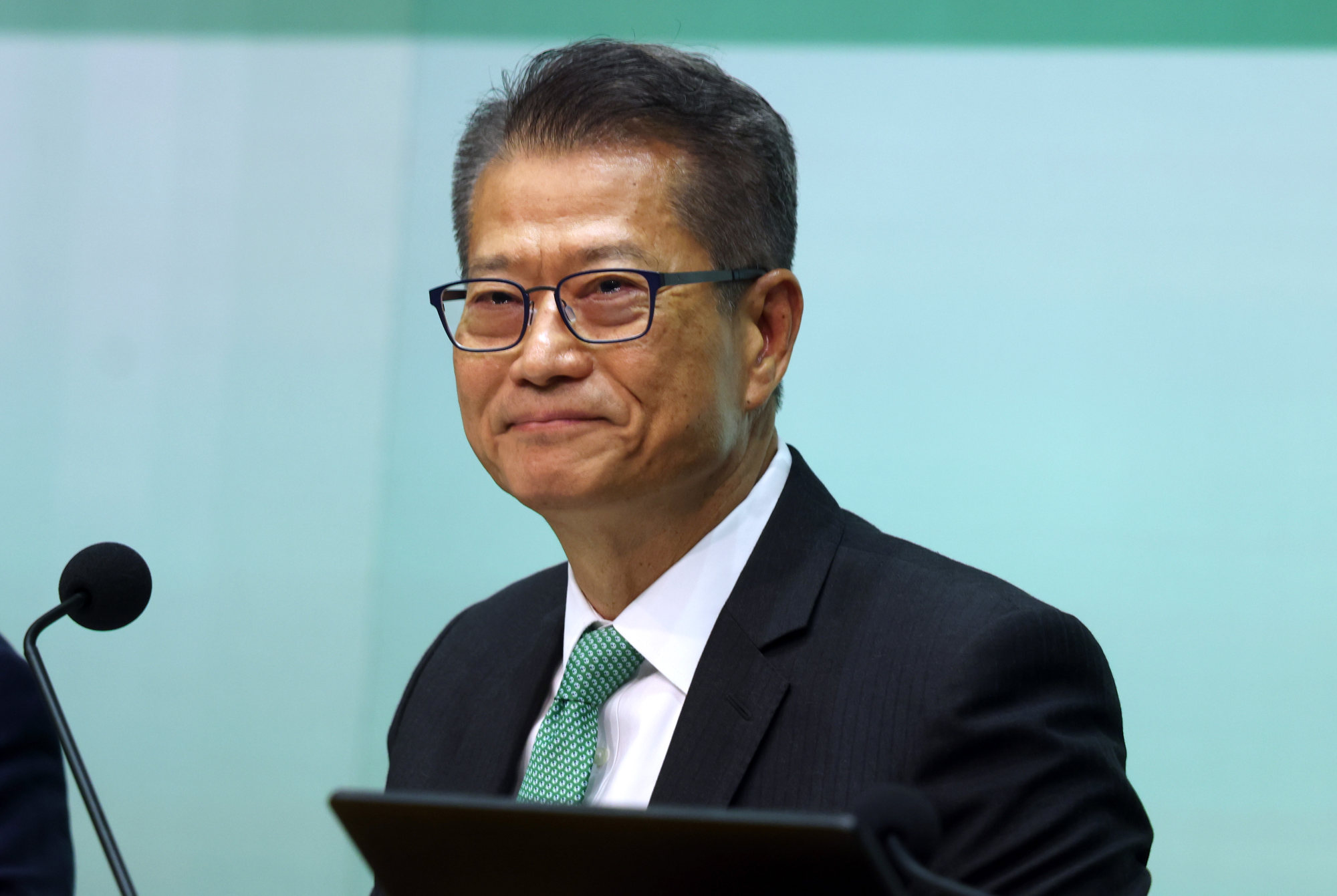“The deficit for the current fiscal year will be a bit higher than our original forecast mainly because the revenue from the stamp duties and land sales will be less than expected,” Chan said.
“The measures in the policy address will cost about several billions of dollars every year … but we don’t have any plans to raise taxes, whether it is the salary tax or profits tax.”

However, Chan on Thursday expressed optimism over the state of public finances and said the government’s drive to encourage overseas companies to set up shop in Hong Kong could help generate revenue.
“There must be ups and downs in a fiscal cycle. We don’t need to haggle over an annual deficit or surplus as long as we have exercised a balancing act,” he said.
The ambitious initiative is set to cost about HK$100 billion and also aims to create 900,000 flats for 2.5 million people.
“This is only the beginning and we will continue to work hard and attract foreign businesses and capital to Hong Kong, which will eventually contribute to our taxation income if they can make money,” he said. “All in all we are confident in generating taxation income.”
Hong Kong’s Paul Chan defends economic potential of land-reclamation projects
Hong Kong’s Paul Chan defends economic potential of land-reclamation projects
The government earlier revised its full-year growth forecast for 2023 from between 3.5 and 5.5 per cent to between 4 and 5 per cent, predicting a weakened global trade environment would further weigh on exports.
Chan on Thursday warned that external factors, such as high interest rates in the United States and global geopolitics, would constantly influence the city’s relatively small economy.
He also stressed that the Office for the Financing of Major Development Projects, which in featured in Lee’s policy address, was exploring various fundraising options, including issuing bonds, to ensure the city’s megaprojects did not weigh too heavily on government coffers.
“These large-scale infrastructure projects will generate a return and they are worthy of investment. But, we can turn to some financial institutions or the public for raising capital,” he said.
“For example, is it possible to issue bonds to the public for raising funds? That’s why we set up the office to explore the financing options.”
Hong Kong government to set up 2 bodies to seek private funding for mega projects
Hong Kong government to set up 2 bodies to seek private funding for mega projects
The government office would also help determine how and when the authorities would secure the capital, he added.
The Kau Yi Chau scheme refers to a government megaproject to develop three artificial islands spanning 1,000 hectares (2,471 acres) off the shores of Lantau Island and is expected to cost about HK$580 billion.
The artificial islands will pave the way for development works that will produce 210,000 flats to house 500,000 people.

